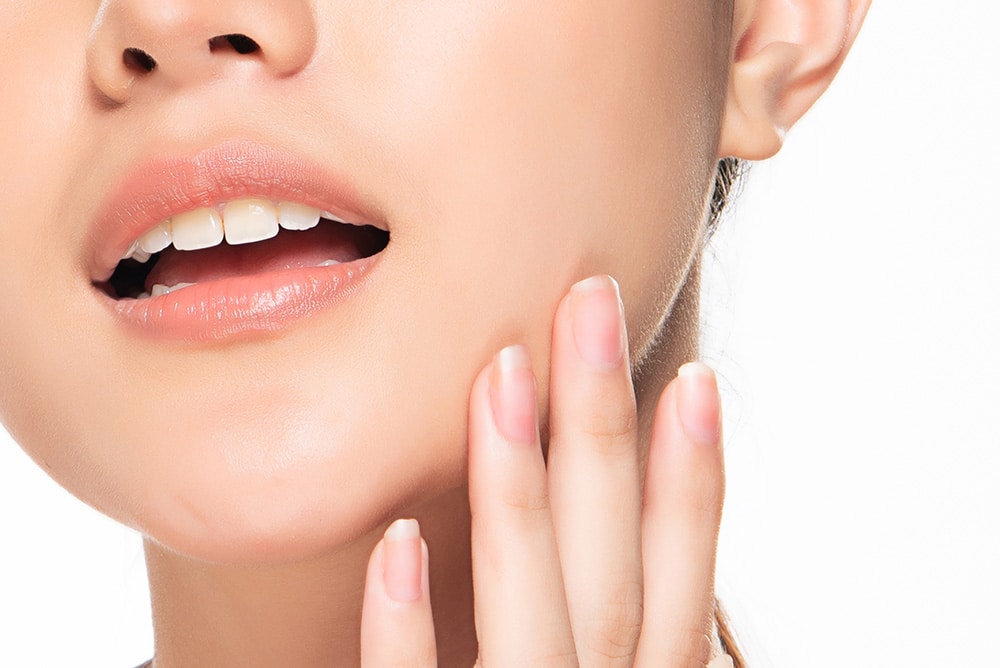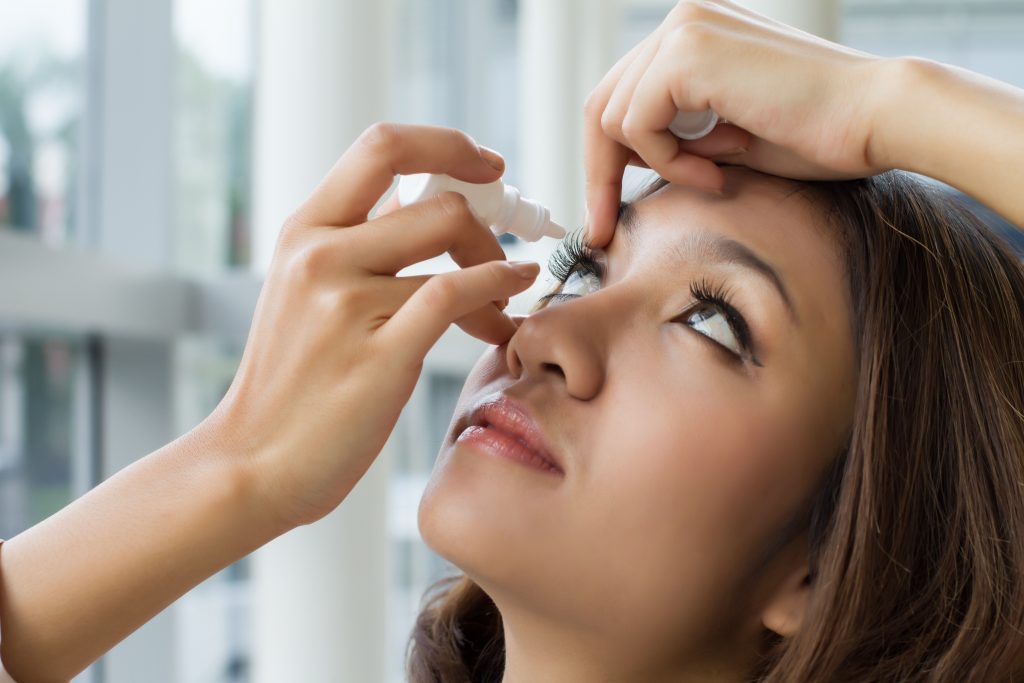Introduction
Few may not know this, but the first signs of sleep deprivation start appearing when you find yourself struggling with sleeping. Lots of people struggle with sleep deprivation/sleep problems. According to the National Sleep Foundation, sleep problems or insufficient sleep affects up to 70 million Americans.
Sleep deprivation is a major cause of illness and disease and is also a leading cause of accidents. Unfortunately, most people don’t realize how harmful sleep deprivation can be to their health and well-being until it’s too late. It’s estimated that sleep-deprived people are at least twice as likely to suffer from depression or anxiety and three times more likely to be involved in a car accident.
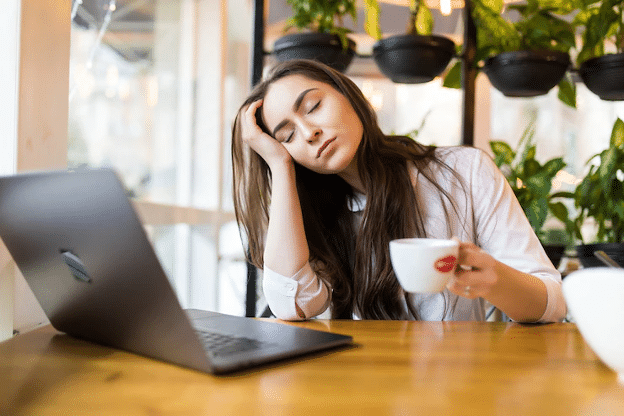
According to the National Sleep Foundation, adults require 7-9 hours of sleep every night. Many people do not get this total number of hours of rest they need every night due to several factors. This article will identify the cause and effects of sleep deprivation, and how insufficient sleep affects your health (and whether you can get enough sleep simply by sleeping longer). We’ll also go through how to get quality sleep so you can feel refreshed and rejuvenated when you wake up which is great for securing good health and wellness over a long period.
What exactly is Sleep deprivation?
The word “sleep deprivation” is generally used to describe the condition where a person has not had enough sleep. Sleep deprivation can affect people in different ways and cause them to feel sleepy, unable to concentrate or perform tasks properly, irritable, and moody.
Sleep deprivation can be either chronic or acute, depending on the context.
Chronic sleep deprivation is a state of inadequate or poor-quality sleep over a prolonged period. It can be influenced by many causes, including lifestyle choices and medical conditions. Insomnia, for instance, is a prevalent cause of sleep insufficiency. Insomnia may be caused by stress and anxiety, medical conditions such as asthma or heart disease, or medication side effects.
A chronically sleep-deprived person may experience daytime drowsiness and fatigue, decreased cognitive function (e.g., attention span), mood disturbances (e.g., irritability), impaired social functioning, and increased risk for accidents from accidents or judgment errors due to poor decision-making abilities.
Acute sleep deprivation is a temporary state of not getting enough sleep. This may happen if you don’t sleep enough for one or several nights. Acute sleep deprivation can occur if you’re traveling across time zones or if something interrupts your usual pattern of sleeping and waking. Acute sleep deprivation can cause similar effects as chronic lack of sleep, but it’s usually temporary and self-limiting.
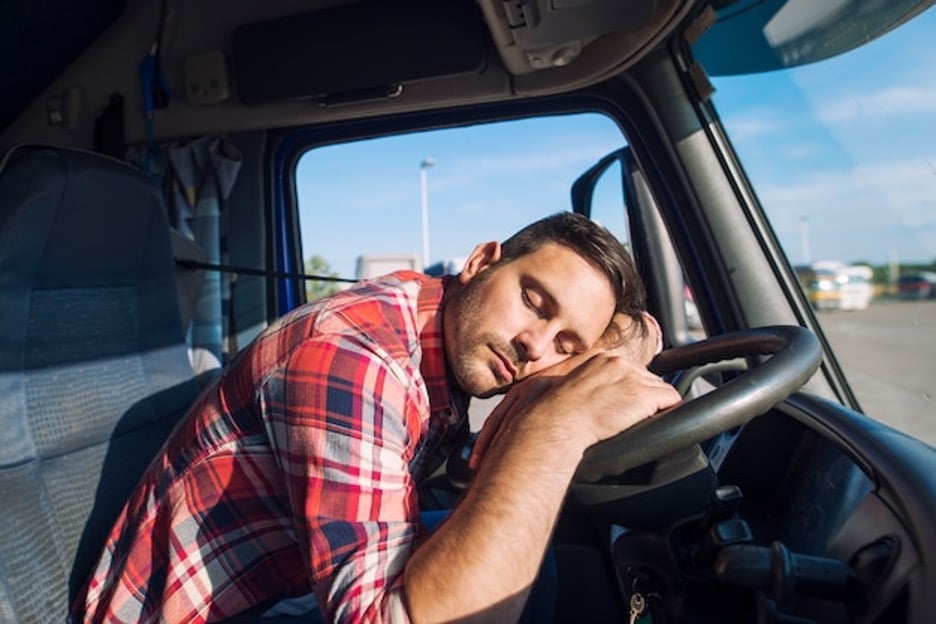
Causes of Sleep Deprivation
Sleep deprivation is a condition that many individuals face around the world. It may cause serious health issues, either in the short run or the long run. Knowing what’s causing this problem is crucial before you can cure it.
While most people know what sleep deprivation is, they don’t understand its causes. Most people don’t know that many contributing factors can lead to sleep deprivation. The individual reasons vary greatly, so troubleshooting and defining the major causes of sleep deprivation might be a little tricky. Sleep deprivation can happen for many reasons. Some of them include:
Insomnia
Insomnia is a common cause of sleep deprivation. It occurs when you have trouble falling asleep or staying asleep. Insomnia can be temporary and short-term (such as when you’re stressed) or long-term and chronic.
Jet Lag
You may experience jet lag when traveling across time zones because your body’s circadian rhythm (internal clock) gets out of sync with the new environment’s light-dark cycle. This causes symptoms such as fatigue and difficulty sleeping.
Stress
Stress is another common cause of sleep deprivation. Stressful events such as a death in the family or job loss can disrupt your sleep patterns, causing you to wake up in the middle of the night or early in the morning and not be able to fall back asleep easily.
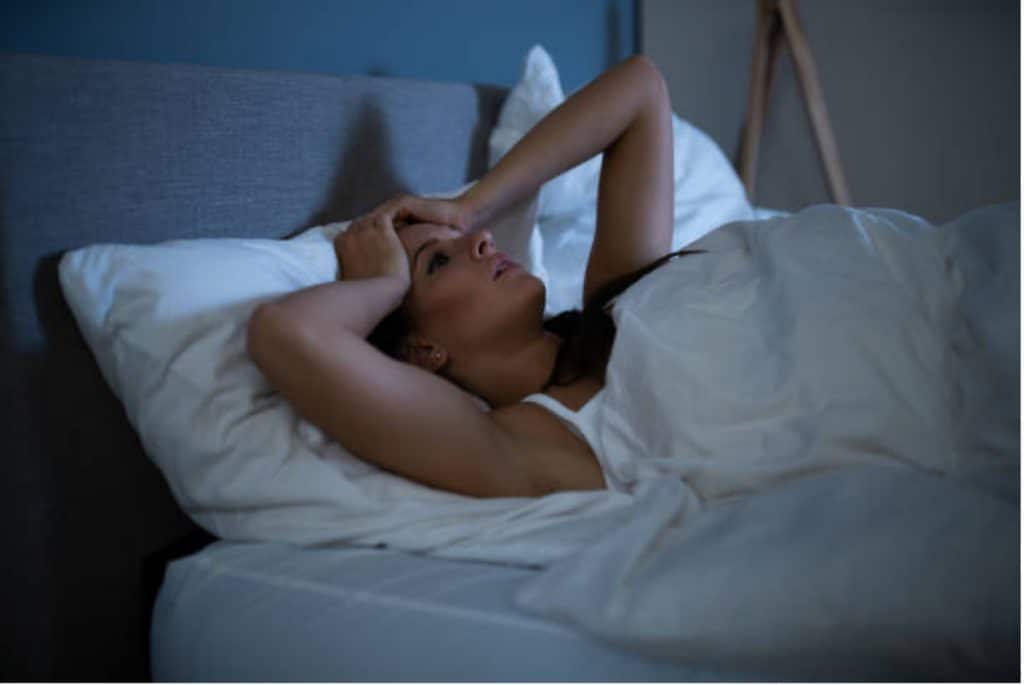
Lack of time
Some people do not get enough sleep because they are too busy with work or family obligations.
Problems with the environment
Loud noises, bright lights, or uncomfortable temperatures can make it hard to fall asleep or stay asleep.
Medical conditions
Certain diseases, such as heart disease and diabetes, can affect the quality of your sleep.
Medications, alcohol, and tobacco use
Some drugs and alcohol can keep you awake at night, while smoking cigarettes may cause people to wake up earlier than usual in the morning due to nicotine withdrawal symptoms.
How Sleep Deprivation Affects You
Sleep is the time when your body and brain recharge after a long day. Sleep deprivation is the condition of not having enough sleep.
Sleep deprivation can occur when an individual does not get enough sleep at night to meet their biological needs, or it may result from interrupting one’s usual sleeping patterns for several days. Sleep deprivation can be dangerous because it impairs several aspects of human physiology, including cognitive function, mood, vigilance, and motor skills. Below are some of the effects of not having enough sleep.
Sleep Deprivation Causes Drowsiness and Fatigue
When you don’t get enough sleep, your body thinks it’s in survival mode because it needs more energy to keep going. This causes your body to release hormones like cortisol and adrenaline, making you feel weird or jittery. These hormones also increase your heart rate and blood pressure so that you can move quickly when necessary. When they’re released too often, they can cause fatigue, drowsiness, and irritability.

Sleep Deprivation Affects Your Mood and Behavior
Not getting enough sleep can make it hard for people to control their emotions or behaviors. They may lash out at others or do things they wouldn’t normally do, such as drinking alcohol or taking drugs. If this happens often, it could lead to depression or an addiction problem.
Sleep Deprivation Can Cause Memory Problems
Poor sleep can make it harder for people to remember things. The best way to avoid this is by getting enough sleep each night. If you are having trouble sleeping, talk with your doctor so they can help you figure out what may be causing this and how to fix it.
It can negatively impact your memory and attention span, making it more difficult to concentrate on tasks at work or school.

Sleep Deprivation Can Cause Hallucinations
Sleep deprivation can lead to hallucinations, which means that some people may see things that aren’t there when they’re tired. Hallucinations can range from seeing moving objects in front of them that aren’t there (called hypnagogic hallucinations) or hearing voices (called hypnopompic hallucinations). People with schizophrenia often experience hallucinations because their brains aren’t functioning properly due to a lack of sleep.
The main issue here is that lack of sleep will profoundly affect the hard work you put in. It can cause you to make mistakes, cause your immune system to go weak, and your ability to focus will dip, at least for a short period. In the long run, this will harm your overall health and severely affect your learning. Overall getting enough sleep is vital to maintaining healthy mental and physical health. We all need to get more sleep, and worrying about how we will get it isn’t helpful. Here are some suggestions for getting a decent night’s sleep without sacrificing time spent sleeping.
Strategies to improve your sleep habits
Sleep deprivation is a serious condition that can affect your health and productivity. You’re not all by yourself if you’re struggling with sleep deprivation. According to the National Sleep Foundation, nearly half of all people in the United States do not get much sleep. The consequences of sleep deprivation can be devastating: from poor performance at work or school to serious health problems such as heart disease, diabetes, and obesity.
The important thing is that there are numerous things you can do to enhance your sleeping habits and receive the rest you require.
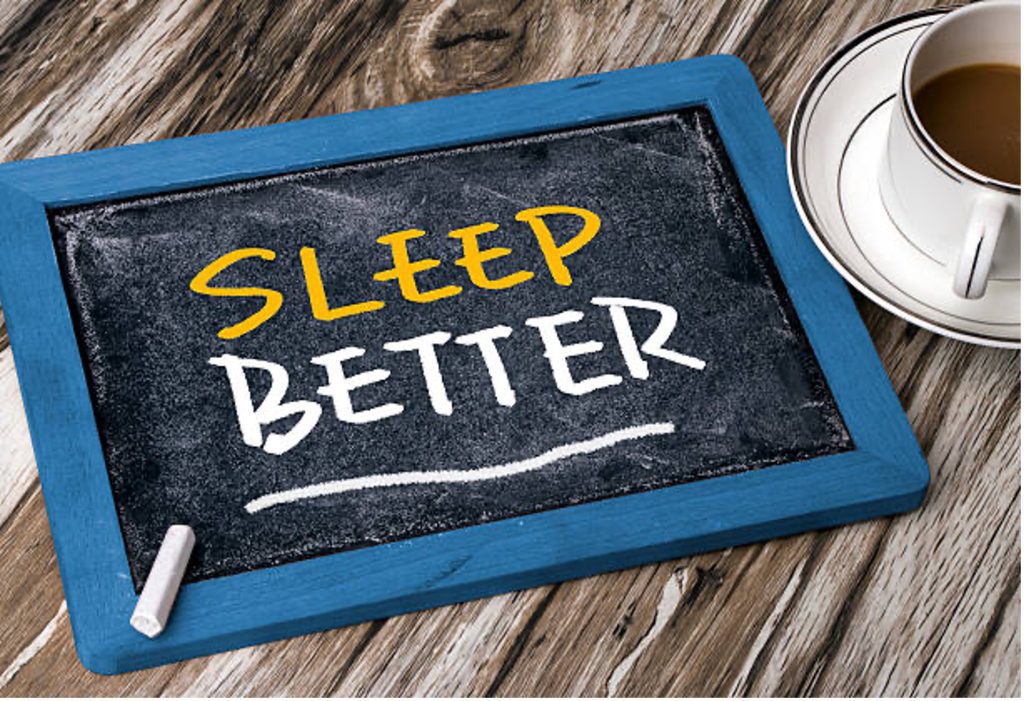
You can utilize a variety of methods to enhance your sleeping habits. A few of them are highlighted below:
Take A Bath Before You Go To Sleep
If you have trouble falling asleep, try taking a bath or shower before bed. The water’s warmth and the length of time you spend showering will calm you down. If you’re having trouble sleeping, get out of bed when you are awake in the middle of the night and do something soothing until you’re weary enough to sleep again.
Set a Timer
Set your alarm sooner than you need to get up at dawn if you have difficulties waking up naturally. If this isn’t possible, try gradually moving your alarm earlier over several days until it’s close enough to wake up without an alarm.
Maintain a routine.
A scheduled bedtime is necessary for a good night’s sleep. You can accomplish the same timing by sleeping at about the same period each day. For example, if you usually go to bed at 10 pm Monday through Friday and then decide to stay up until midnight on Saturday night, your body will adjust accordingly and wake up later on Sunday morning. By sticking to a regular schedule, you can train your body when it’s time to go to bed and when it’s time to wake up. This ensures you get the proper number of hours of sleep every night.
Get some exercise daily.
Exercising daily not only helps keep your weight under control but also promotes better sleep by helping lower stress levels throughout the day as well as reducing fatigue at night time due to improved circulation and oxygen flow throughout the body along with increased production of endorphins which help reduce depression and anxiety along with boosting energy levels.

Get rid of your phone.
Your phone is just too tempting to pick up when you’re tired. Instead, use a timer to set it 30 minutes before bedtime so that you don’t look at it after that period.
Don’t eat late at night.
Food will digest slowly while you’re asleep, making you feel sluggish and tired when you wake up in the morning. Instead, try having dinner earlier than normal, so your body has time to digest before bed.

Don’t take caffeine 6 hours before you Sleep
Caffeine stays in your system for about six hours after drinking it; avoid coffee, tea, and soft drinks containing caffeine after lunchtime if possible; some over-the-counter medications also contain caffeine (e.g., Excedrin PM). If you have trouble sleeping because of caffeine withdrawal, try drinking decaffeinated coffee or tea in the afternoon instead of in the evening.
Keep Your Bedroom Comfortable
Make sure that your bedroom is dark, quiet, and comfortable so that it’s easier for your body to relax and fall asleep faster. If possible, use blackout curtains or an eye mask if there’s light coming through the windows or if outside noises keep you awake at night. Also, consider using earplugs if loud noises (such as snoring) disrupt your sleep at night.
Buy A Very Nice Mattress
One final thought before leaving you to your slumber: don’t be afraid to splurge on your mattress. Finding the right mattress may seem like a difficult task, but it’s an investment that will pay dividends to regularly getting a good night’s rest.
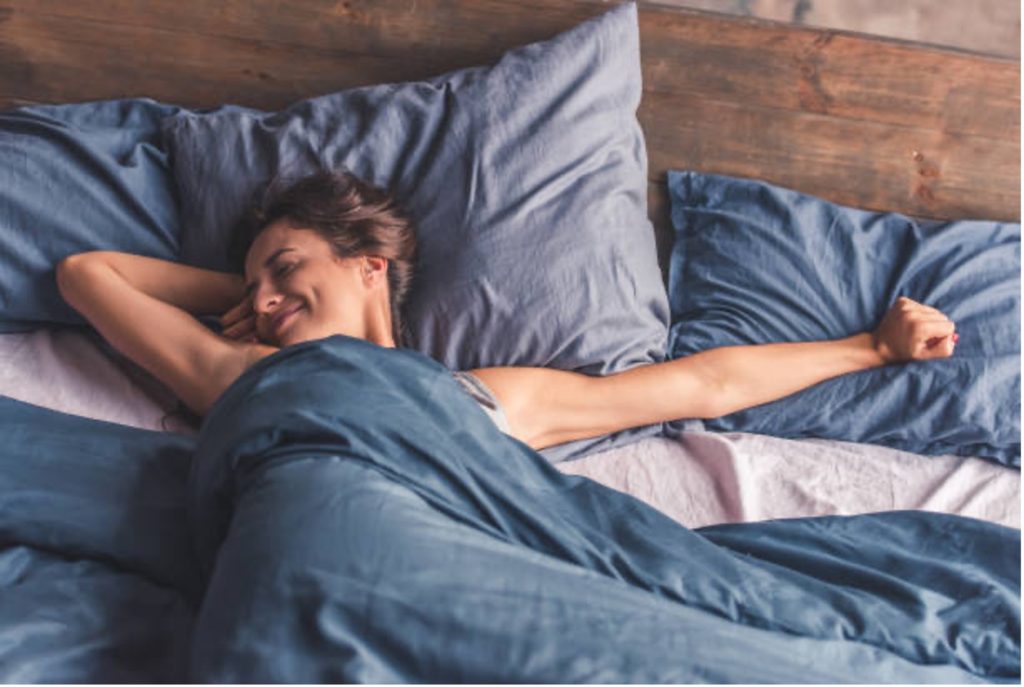
Conclusion
Sleep deprivation can have a significant impact on our ability to perform both cognitive and physical tasks. We may be able to manage our lives without much of a problem when we are only mildly sleep-deprived, but once we cross the line by not noticing the signs of sleep deprivation; our bodies will begin to shut down. If you constantly fall asleep at work or school, it’s time to think about how much sleep you’re getting each night and ensure you’re getting enough. It’s critical to discuss your sleeping habits and how well you sleep with your doctor so that they can assist you.

